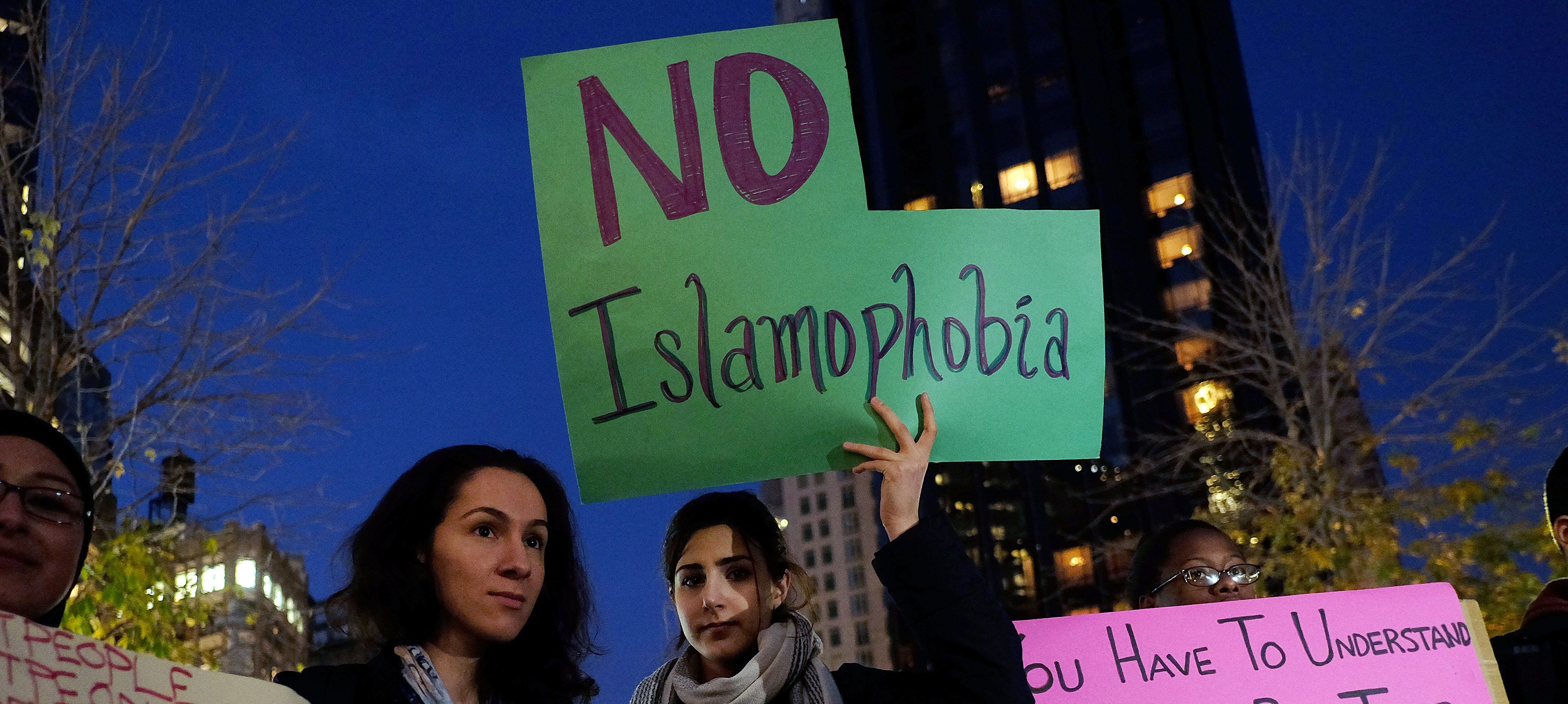By Mariah Ortiz, Kenya Human Rights Commission in Nairobi
Kenyans are eagerly preparing to vote tomorrow on a proposed new constitution, less than three years since the presidential election that led to a disputed result and widespread violence that killed more than 1,000 people and displaced more than 500,000.

Kenya's most recent elections in December 2007 led to a wave of violence.
Many Kenyans have read the entire proposed constitution back to back, and a number of non-governmental organizations are distributing “summary versions” of the constitution so that the public can easily inform themselves. Media coverage has been constant. The debate is heated, with both sides rallying, debating, and distributing campaign materials.
Some feel that rather than encouraging the democratic process and allowing Kenyans to vote and to make up their own minds, many organizations are strongly pushing either YES or NO. At the moment, most polls show that the YES campaign is ahead and likely to win with at least 65% of the vote. But this could change in a moment.
Some key issues have emerged from the debate: the devolution of power from the central government to the regions, reduced presidential power, land rights, the role of Muslim courts and abortion. Muslim courts and abortion have come to the forefront in the media because they are very political, polarized and emotional issues. Abortion is currently illegal and is a taboo subject. This emphasis on these divisive issues has drawn attention away from important constitutional provisions such as a proposed decrease in the share of the national budget for development from 30% to 10%.
It is fascinating to be here in Nairobi right before the referendum. Kenyans are eagerly preparing to have their say — many will travel great distances to their local polling station and wait starting at 6:00 AM in very long lines to cast their vote.
People are hopeful that this election will be peaceful and that this vote will be different from the disputed 2007 presidential election. Still, as Amnesty International reported, there is concern that some politicians have used hate speech to stoke the flames of ethnic hatred and that this rhetoric could lead to violence.
It’s important that the Kenyan government be prepared to protect its citizens from any potential human rights violations during and after the vote. I will be watching carefully, and will report again later this week about the referendum and its outcome.

